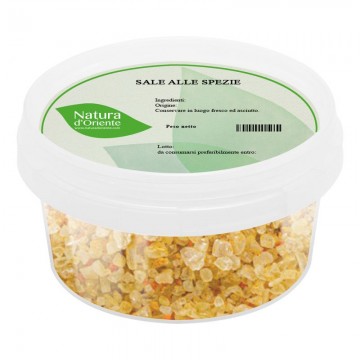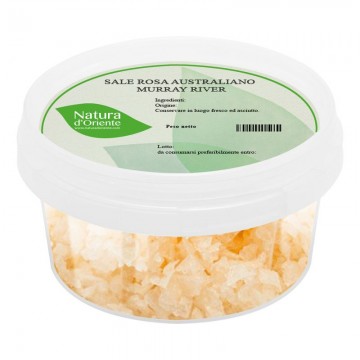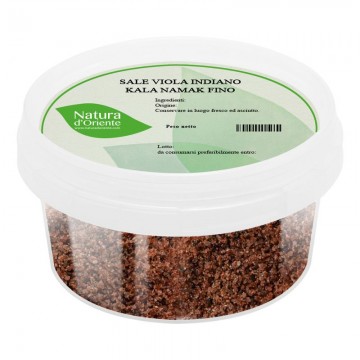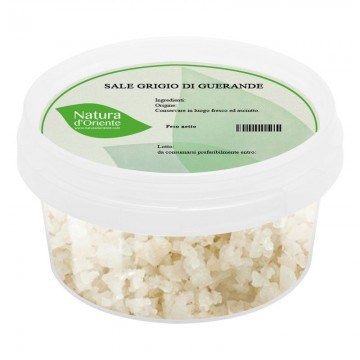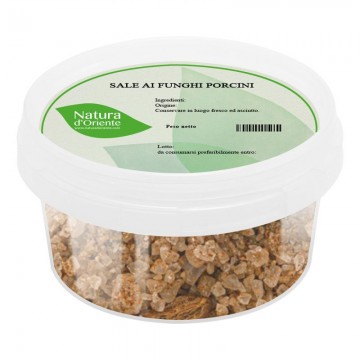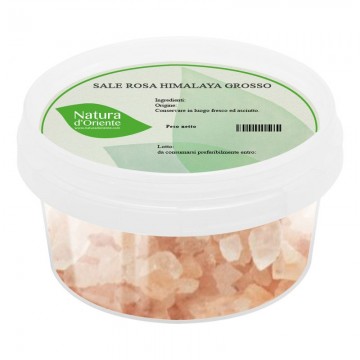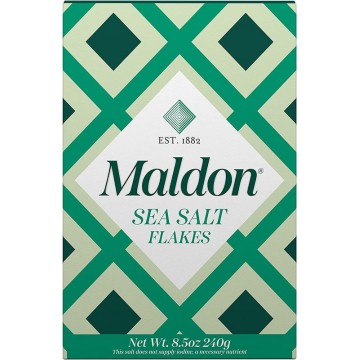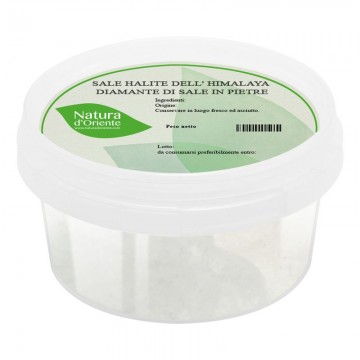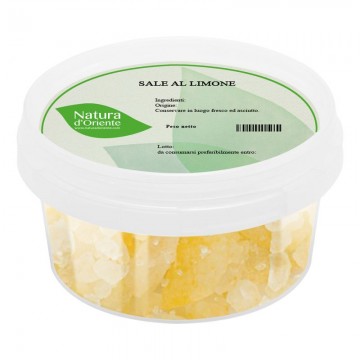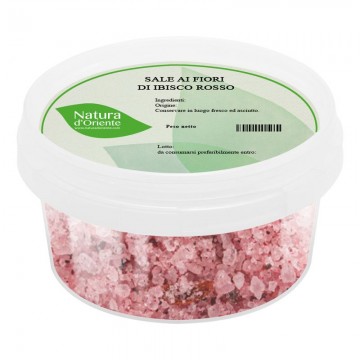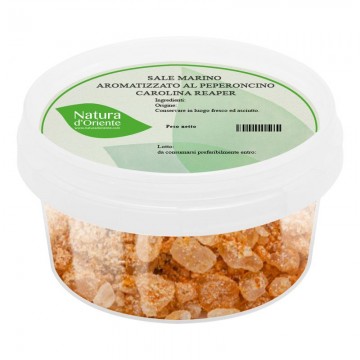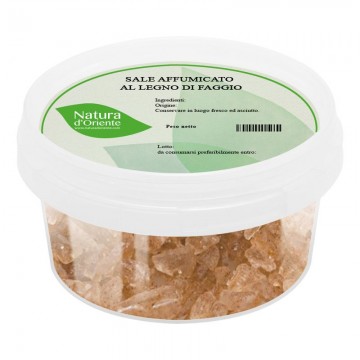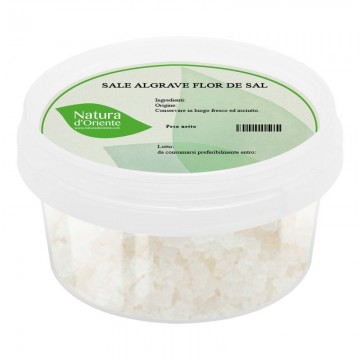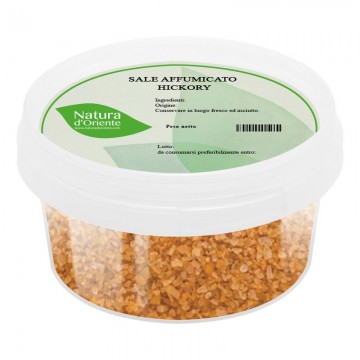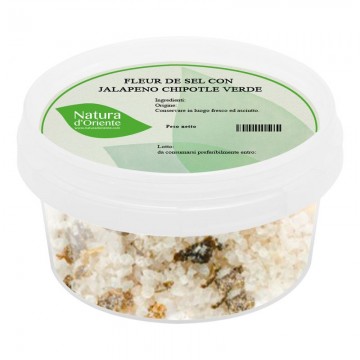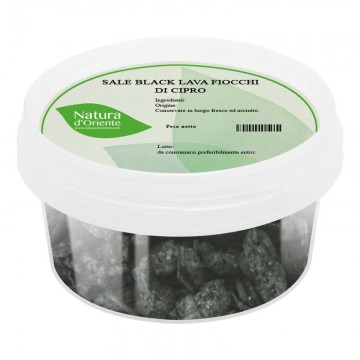The mixture of Creole salt and herbs contains many traditions. Mix spices and herbs such as fenugreek, garlic, ginger, thyme, pink pepper. It combines them with salt from the Mediterranean Sea, to create a perfect balance in the seasoning.
Mediterranean salt with creole herbs: characteristics and benefits
The salt of the Mediterranean Sea gives the dishes a lively and persistent taste. In this version, sea salt crystals are flavored and flavored with a "Creole condiment", that is the combination of numerous herbs and spices, used in Creole cuisine usually to season rice, meats, soups and stews. They give an intense flavor, and in their variants, they can include both sweeter notes and more “pungent” elements. Given the fact that in Creole cuisine this mix is used like salt and pepper, the excellent combination with Mediterranean salt makes it a versatile and complete condiment. The ability to match any meal, from simple to complex cuisine, makes this salt an excellent choice in many cases. Aromatic herbs also give beneficial properties for well-being, such as garlic which gives the salt an earthy aroma and virtues useful against microbes. Thyme is also appreciated as a flavoring, and for strengthening the immune system. The aroma goes well with grilled meats, also good for salads and to flavor some fish dishes.
Origins and History of the extraction
The sea salt is dried in the salt flats, under the Mediterranean sun, to be picked by hand. In this way a natural salt is obtained, which is then mixed with different herbs and flavors. A Mediterranean tradition that usually reserves the salt a flavoring with herbs typical of the area. In the case of Mediterranean salt with Creole herbs, however, the crystals are amalgamated with a mix of salt, fenugreek, garlic, ginger, thyme, pink pepper. The history of Creole herbs began with Europeans who arrived in America, who adopted the herbal practices of some nearby Native American tribes. Plants with virtues that were believed to reduce fever, cough and pain were used in the folk medicine of the natives. These seasoning habits became part of Creole culture, even in cooking. The term Creole unites people of different origins, which were so defined when they had mixed origins (African, French, Spanish, Italian, German, Native American, etc.). In the southern United States this mix of populations was common, and Creole traditions reveal numerous cultural roots.
Nutritional values of Mediterranean salt with Creole herbs
This salt contains mostly sodium chloride, and is rich in magnesium and potassium; sodium is not very high in content, while it contains traces of minerals such as iodine, calcium, zinc. The herbaceous elements make available traces of vitamins and other mineral salts.
How to use Mediterranean salt with Creole herbs in the kitchen
This mixed salt is suggested for use on grilled meats, sprinkling the seasoning before cooking. Perfect for grilled meats, roasted pork or other baked meats. Excellent on fresh salads, greens and vegetables such as tomatoes or potatoes. Creole herbs can flavor a stew or soups to make them tastier. It can be carefully placed on seafood, salmon and prawns, with an adequate pinch so as not to overload the flavor. Gives more flavor to eggs and burgers.
Creole herbal salt: side effects and contraindications
Caution is advised in the intake of sea salt in case of hypertension, pregnancy and breastfeeding. Furthermore, it is good to moderate the quantities in case of cardiovascular disorders, diseases related to the kidneys and blood vessels. Evaluate the ingredients of the mixture, to identify if any of the elements may cause you any allergic reactions.

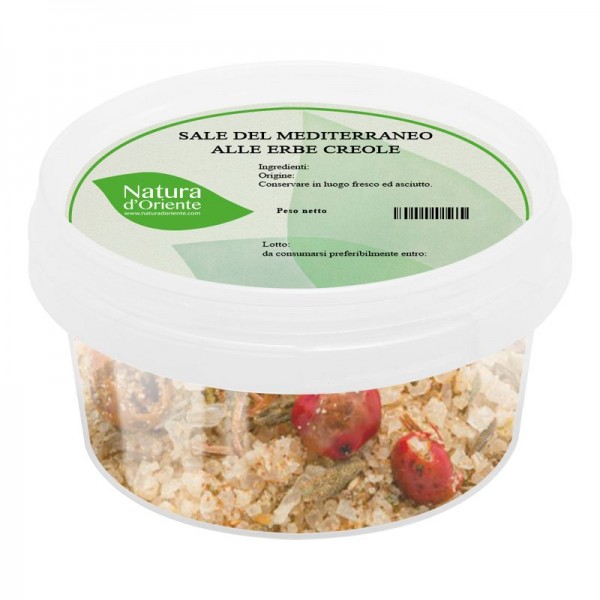





 No reward points for this product.
No reward points for this product.
